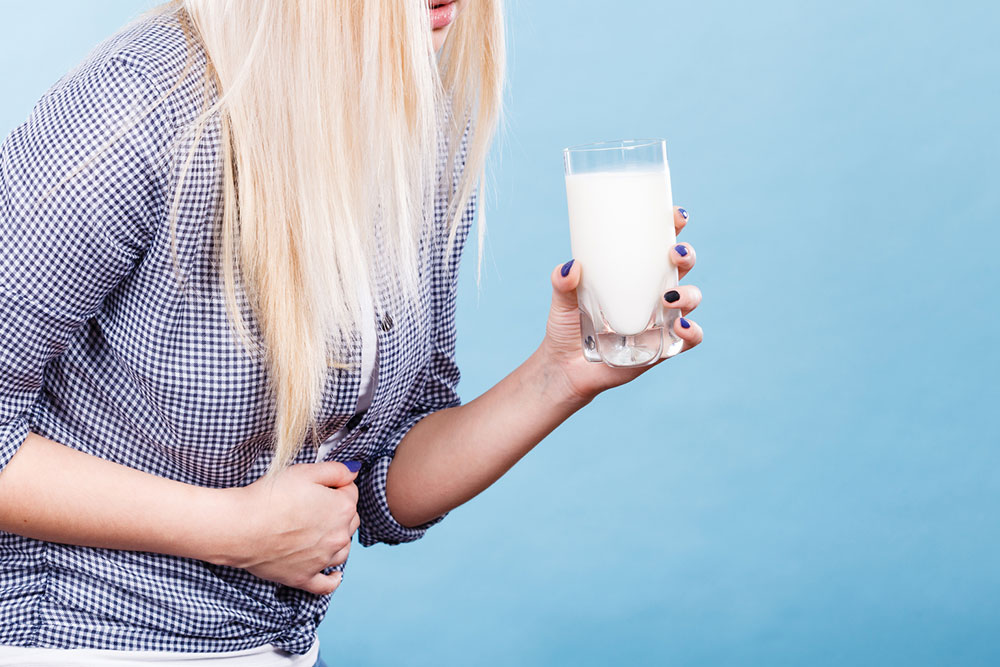Comprehensive Guide to Managing Diarrhea: Foods and Remedies for Relief
This comprehensive guide explores dietary strategies and natural remedies to manage and alleviate diarrhea symptoms. It emphasizes foods to consume for recovery, foods to avoid, and useful home remedies, helping individuals effectively handle diarrhea and support their digestive health during episodes.

Effective Dietary Strategies and Foods to Ease Diarrhea Symptoms
Understanding diarrhea and managing it through proper diet
Diarrhea is a common gastrointestinal condition characterized by frequent, watery, and loose stools. It affects millions globally each year and can vary in severity, lasting from a few days to longer durations in some cases. Proper management, including dietary choices, medication, and hydration, plays a key role in recovery. While over-the-counter remedies provide quick relief for symptoms, addressing the root causes and adopting suitable dietary habits can significantly accelerate healing and prevent recurrence.
Causes of diarrhea are diverse, encompassing food sensitivities, bacterial or viral infections, side effects of medications, stress, and underlying health issues. Identifying the trigger is essential for effective treatment. During episodes, monitoring and adjusting diet is vital to ease symptoms, preserve hydration, and support the body's natural healing processes. Certain foods possess soothing properties, while others may exacerbate symptoms and should be avoided during recovery.
Making mindful dietary choices is crucial when managing diarrhea. Proper nutrition can help alleviate symptoms, support hydration, and promote tissue repair within the digestive system. Conversely, consuming the wrong foods may prolong discomfort or worsen the condition, underscoring the importance of awareness during episodes.
Foods known to help reduce diarrhea symptoms include:
White bread: Its low fiber content makes it gentle on an inflamed gut, providing bulk without irritating the intestines.
Honey: A natural sweetener that, when mixed with warm water, can aid in hydration and restore energy levels.
Peppermint tea: Contains menthol, which relaxes digestive muscles, reduces cramping, and improves overall comfort.
Bananas: Easily digestible, banana provides essential nutrients and potassium, helping replenish electrolytes lost during diarrhea.
Broth: Supportive for hydration, it replenishes vital electrolytes and provides soothing nourishment.
Eggs: Well-cooked eggs without added fats are easy on the stomach and a good source of protein for tissue repair.
Potatoes: Soft, mashed potatoes are gentle on the digestive system and rich in potassium, aiding in recovery.
Foods that may trigger or worsen diarrhea include:
FODMAP-rich foods: Items such as beans, garlic, onions, and certain cereals ferment in the gut and can worsen symptoms.
Lactose-containing products: Milk, cheese, yogurt may cause issues for those with lactose intolerance, leading to increased diarrhea.
Caffeinated beverages: Coffee, black tea, and chocolate can stimulate bowel movements, aggravating symptoms.
High-fat and spicy foods: Fried foods and spicy dishes are harder to digest, potentially worsening diarrhea and discomfort.
Sugary foods: Excessive fructose intake from candies and processed foods can lead to loose stools.
To prevent symptom aggravation, certain foods should be temporarily eliminated during diarrhea episodes:
Dairy products: Milk, cheese, and similar products.
Fast food: Greasy, fried options that are difficult to digest.
Artificial sweeteners: Found in diet sodas and sugar-free snacks, as they can act as laxatives.
Gas-producing foods: Beans, broccoli, onions, dried fruits that can increase bloating and discomfort.
Alcoholic and carbonated drinks: Irritate the digestive tract and may prolong diarrhea.
During recovery, focus on consuming gentle, easily digestible foods to regain health and energy, such as:
Bread, rice, applesauce, and toast (the BRAT diet)
Clear fruit juices (without pulp)
Cooked vegetables (preferably peeled and soft)
Cereal and refined bread options
Chicken rice soup
Plain crackers
Home remedies can complement dietary management and help reduce diarrhea symptoms effectively:
Apple cider vinegar: Contains antibacterial properties that soothe the stomach and support gut health.
Oatmeal: Rich in soluble fiber, which helps absorb excess water in the intestines and regulate bowel movements.
Ginger: Known for its anti-inflammatory properties, eases cramps and alleviates nausea.
Rice water: Gentle on the stomach, it restores hydration and can help firm up stools.
In conclusion, managing diarrhea effectively requires a combination of proper hydration, careful dietary choices, and appropriate remedies. Recognizing which foods soothe the digestive system and which ones worsen symptoms can significantly aid in faster recovery and prevent future episodes. If diarrhea persists beyond a few days, or if symptoms worsen, consult a healthcare professional for further evaluation and treatment.





